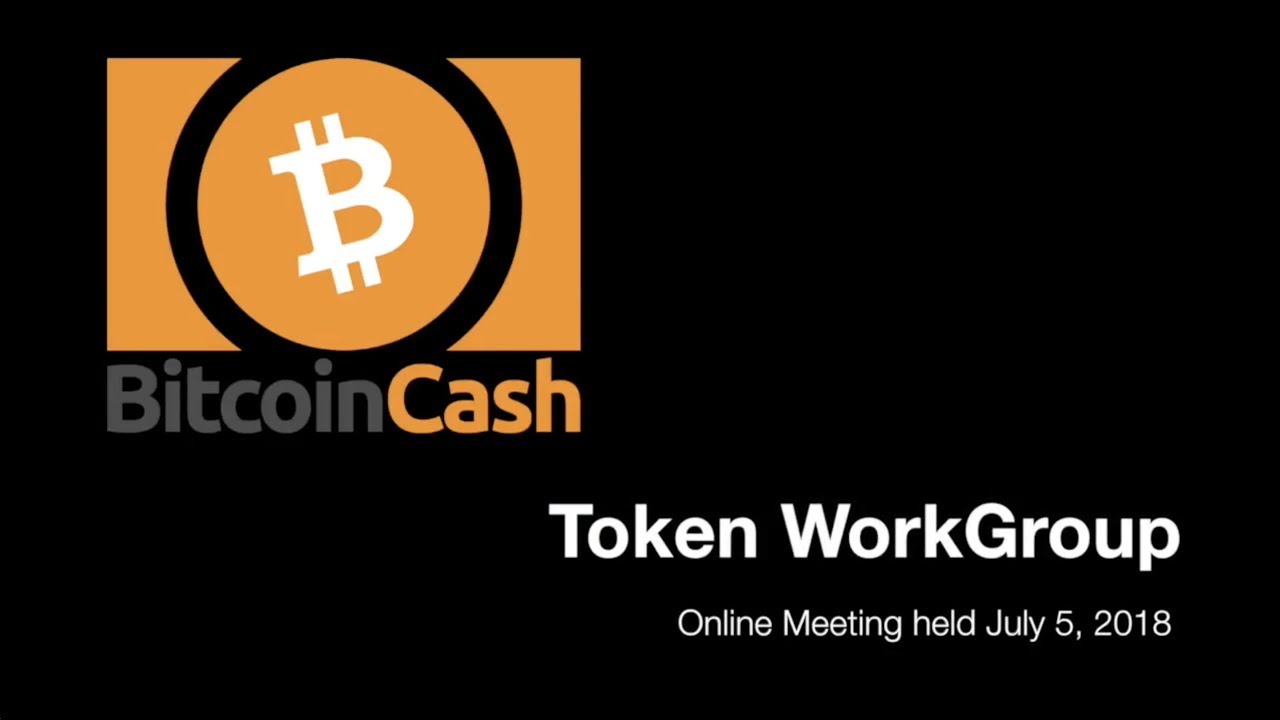Not to promote the idea, but to understand: is anyone able to summarize the reasons that we cannot directly inject slp into consensus so that all existing software and systems work as-is, just minus the need to validate against an external source?
I think it is important to have a convincing answer to this question because from the outside, if there really is demand for consensus tokens, then this sounds like the most straightforward and least disruptive thing to do, even if the implementation is ugly.
Just random examples:
- Op returns can be pruned (is this unsolvable for consensus-SLP?)
- Have to take a snapshot at upgrade and make it forever a part of consensus

- …
It’s arguable that any top-level token system is going to be similarly ugly in the larger sense that now instead of just tracking BCH, all nodes are tracking some arbitrary set of tokens as well. I don’t understand scaling to be an issue vs. any other simple token solution. I don’t understand “ugly” to be a super compelling reason if it is safe.


